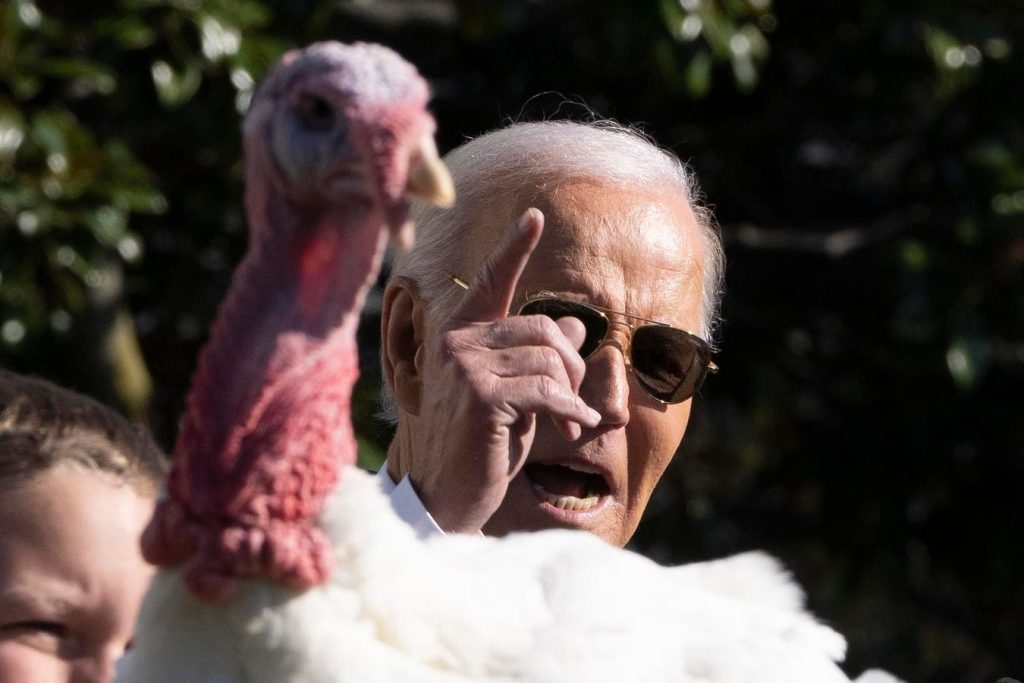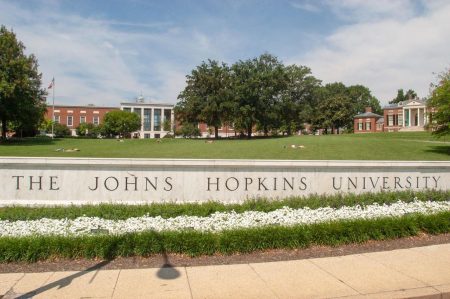The holiday season has not only brought the customary pardoning of turkeys but has also seen President Joe Biden making headlines for granting a presidential pardon to his son, Hunter Biden, who faced two federal criminal charges. The implications of this pardon are significant, as it means that Hunter will not face sentencing for his crimes, effectively shielding him from prison time. The upcoming sentencing hearings in December for both his gun-related and tax offenses are likely to be canceled as a result. Nevertheless, the decision has incited criticism, especially given Biden’s earlier commitment not to pardon his son. Biden justified his action by asserting that the prosecution was politically motivated, drawing a stark contrast to the anticipated batch of pardons from former President Donald Trump, which are expected to include those involved in the January 6 Capitol riot.
Historically, pardons have served a vital role in national healing, with precedents set as far back as President Andrew Johnson’s post-Civil War pardons of former Confederates. However, the efficacy of pardons, particularly those granted long after individuals have served their time, raises questions about their impact on societal forgiveness and reintegration. The discussions surrounding pardons today reveal a shared acknowledgment among both Biden and Trump that the Department of Justice has, at times, delivered disproportionately harsh sentences or conducted wrongful prosecutions. Advocates argue that a transparent pardon process is essential to evaluate and reform future prosecutorial behaviors while offering a tangible pathway to reconciliation for those who have erred.
In order to mitigate backlash from the Hunter Biden pardon, it is anticipated that the Biden administration will pursue a broader array of pardons, starting with the nearly 1,500 individuals currently under home confinement due to the CARES Act. Many of these individuals, who were placed on home confinement during the pandemic, have shown compliance and the ability to reintegrate into society following their sentences. Pardon or commutation for this group would not only validate their successful transition but also alleviate the pressure on halfway houses that monitor individuals on home confinement. With approximately 20% of halfway house capacity potentially opening up, additional individuals could be welcomed into community programs that assist in their transition from incarceration.
On the contrary, Trump’s clemency priorities appear to favor those involved in the Capitol riots, who predominantly have already completed their respective sentences. This reflects a broader tendency for many presidential pardons to target individuals who have already served their time, unlike the pre-emptive nature of Hunter Biden’s pardon. The Office of the Pardon Attorney, guided by Elizabeth G. Oyer, plays a pivotal role in reviewing applications for executive clemency, but it remains unclear whether Hunter Biden’s case underwent any standard review before the presidential pardon was issued.
Biden’s exploration for broader pardons also intersects with discussions on marijuana-related offenses, with calls for the Attorney General to consider reforms. Despite these calls, as of December 1, 2024, the Biden administration has granted notably fewer pardons and commutations compared to previous administrations. In facing scrutiny over his own actions, Biden has an opportunity to redeem public perception through equitable pardons for those who have been similarly affected by the judicial system’s disparities. This would position him more favorably among constituents who view the pardoning process as politically biased.
Trump, entering his administration, has expressed intentions to redefine the standards for clemency, particularly in cases of perceived overreach by prosecutors. Although granting pardons at the start of an administration is atypical, Trump’s history of setting trends positions him to possibly do so. Additionally, the complexities surrounding the prosecution of similar crimes committed by individuals like Hunter Biden versus others who have faced severe consequences emphasizes the need for parity in the justice system. The cases of people like Dr. Sreedhar Potarazu and former Ohio Auditor Kay Rogers exemplify the disparities in sentencing and the quest for reintegration into society.
Ultimately, the actions of current and former presidents regarding pardons could reshape the criminal justice landscape while providing a chance for reflection and reform in prosecutorial practices. As articulated by Toni Morrison, the act of granting freedom through pardons reflects a deeper responsibility to empower others, emphasizing that those in a position of power have a mandate to foster liberation. By choosing to reform the pardon process, Biden and Trump have the potential to assist many in finding redemption and a chance to rebuild their lives—a necessary step towards healing and societal reintegration.










